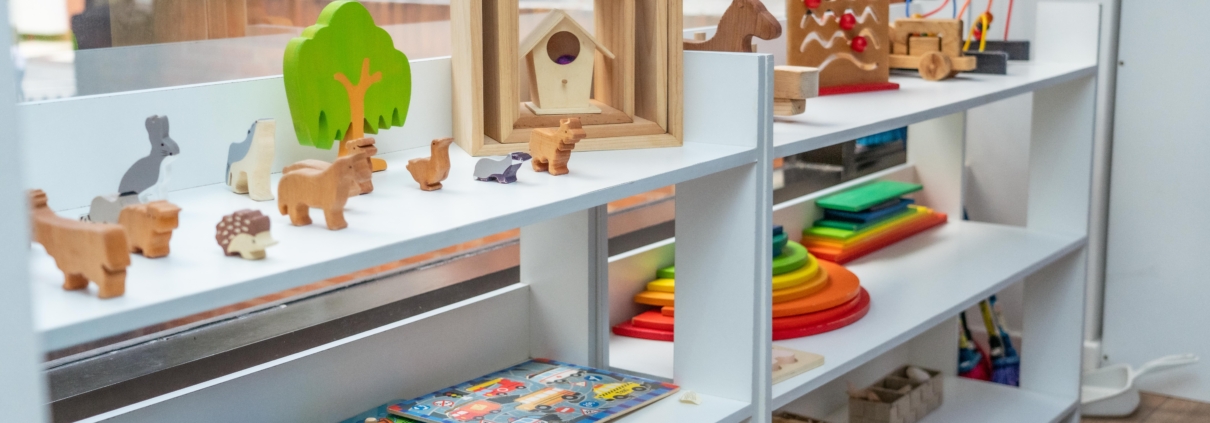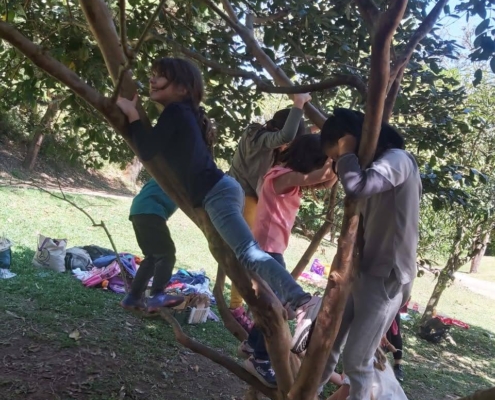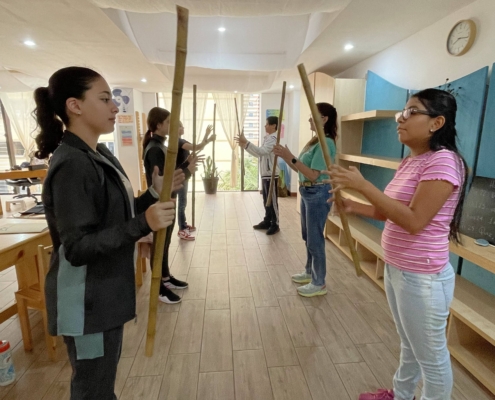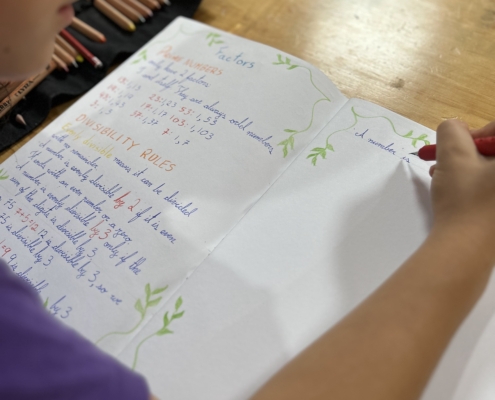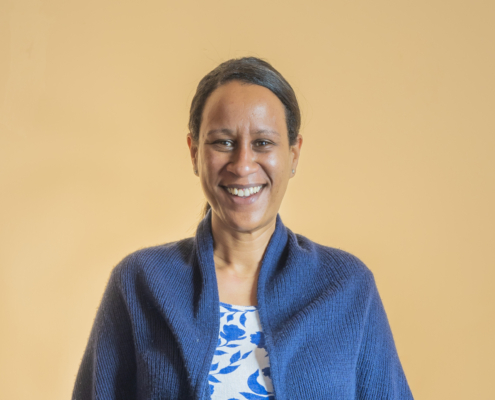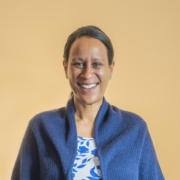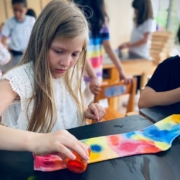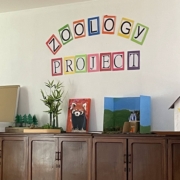Inclusion in Education in Guatemala, is it Lacking?
Written by Rocío Colina, President of 502 Down Syndrome
In Guatemala, we lack of options for schools with inclusive education. There are only a few schools that are open to inclusion, even though education is a human right of every child, regardless of his or her capacities.
In some cases, schools are willing to open to inappropriate inclusion, such as “accepting” children but in a “special needs class”. A true inclusive learning environment is not a place where students with a disability learn in isolation from their peers. In other cases, they accept children and have them form part of the same class as other students, but only with a shadow teacher or by attending the class simply as listeners, only occupying a space, but without learning or without a code from the Ministry of Education, which means that the institution does not have an educational commitment towards the student. In other words, it doesn’t matter to the institution if the student with a disability learns or not, because there isn’t a commitment.
Real inclusion means regular schools welcome the child, permitting him or her to form part of the same class as regular children, with pairs of the same age, learning the same contents with pedagogical adjustments, based on an educational commitment. Inclusive education is about how we develop and design our schools, classrooms, programs, and activities so that all students learn and participate together, in which the student has an educational curriculum that is adapted based on his or her needs.
For children with Down syndrome, it is especially important for them not to have a shadow teacher because the purpose is to make them independent for adequate development. In some extremely rare cases, they might need a shadow teacher only if a multidisciplinary team determines it would be better for the student.
In Guatemala, the Ministry of Education has already a special education department, enabling all students to attend regular schools with pedagogical adjustments. The majority of educational institutions in Guatemala ignore the fact that they can count on this department.
A lot of times, because of the lack of information, they perceive it as something complicated to implement, or they might think that it can get difficult to deal with the Ministry of Education, which might lead to cause fear to be opening up for inclusion. Other times this openness is denied due to the absence of attitude, information, or will.
It is significant for schools to inform themselves and prepare their teachers to initiate a real inclusion in order to have a successful inclusion. An excellent teacher who is skilled in inclusion becomes an extraordinary teacher.
Parents need to also be informed, learn, and empower themselves to help their children on this path, inclusion requires teamwork, and the most valuable members are the parents. Parents need to focus on learning to help their children, and that means also recognizing things that need to be worked on and being persistent on these things without guilt.
It is also important to recognize that inclusion is a human right, not charity. A lot of associations are working towards inclusion, respect, and equal opportunities. There are a lot of myths, preconceptions, or lack of information that make this task harder. These associations work to create awareness and educate about equality, including avoiding name-calling and labeling people with Down Syndrome or disabilities. When we use names to describe a person with Down syndrome or a disability, we are making them different and not part of it, which makes inclusion more difficult.
Inclusion has to be a commitment between the parents, the teacher, and the educational institution, that needs to put in the same effort to every student that becomes part of their school. In spite of that, the Ministry of Education of Guatemala already has a department that can help schools with inclusion.
Another problem in Guatemala is that there isn´t any educational degree for special education, or some other therapeutic degree, leading to the lack of professionals that may manage or follow up on the work of inclusion. We need to have these university degrees and start to, not only have inclusion, but a social culture of inclusion.
Inclusion does not only benefit students with disabilities but also regular students, because they develop into more humane individuals, with a higher degree of tolerance, solidarity, and respect for others. With the rejection of children with disabilities in regular schools we are teaching our future generations to refuse to include people who make an effort to succeed and who want to learn to form part of a society and be productive; we teach them instead to be competitive rather than humanistic.

